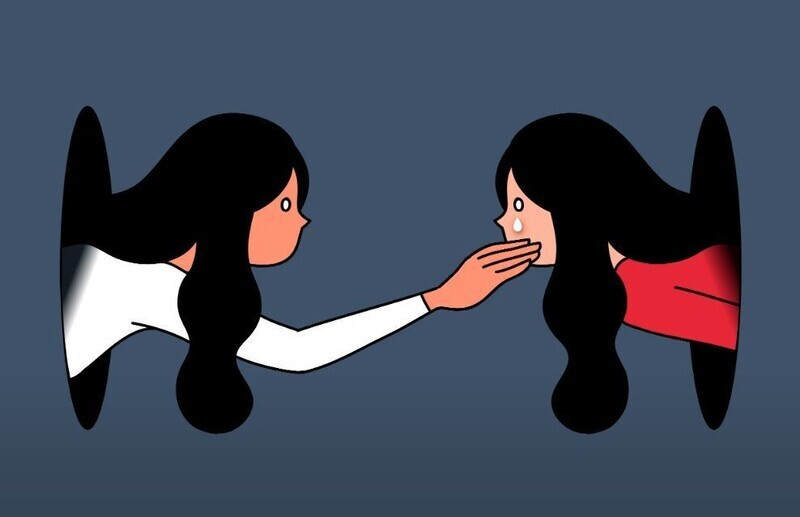
Getty Image Bank
As a result of a survey of 3,000 women in their 20s to 50s who worked as wage workers during the Corona 19 period, it was found that 1 out of 4 women in their 20s experienced retirement. On the 8th, the Korea Women’s Policy Institute announced the results of the’Corona 19 One-Year Female Workers’ Job Change Survey’ conducted on 3007 female workers in their 20s and 50s on the 3rd and 8th International Women’s Day. The survey was conducted through an online survey using the Internet, with the population of women aged 20 to 59 years old who were currently wage workers or unemployed workers who worked as wage workers during the corona spread period (March to November 2020).

Provided by Korea Women’s Policy Institute
As a result of the survey, it was found that one out of five respondents (629, 20.9%) had quit their job after the spread of Corona 19. In particular, the Corona 19 crisis left a bigger impact on female workers who worked in small workplaces or worked as temporary or daily workers. 28.1% of women without retirement experience were temporary or daily workers, while 48.6% of women with retirement experience were temporary and daily workers. In addition, 32.4% of women without retirement experience worked at workplaces with less than 10 employees, while 45.8% of women with retirement experience were found to have worked at workplaces with less than 10 employees. Female workers in their twenties were more affected by Corona 19 than other age groups. It was found that 1 out of 4 women in their 20s (29.3%) had quit work during the Corona 19 period. Women in different age groups (30-50 years old) accounted for 18.7%. Among women in their 20s, 44.8% of women under high school graduates experienced retirement during the Corona 19 period. This is more than two times higher than that of women in their 30s to 50s (20.1%) with a high school diploma or less.

Provided by Korea Women’s Policy Institute
Looking closely, it was found that 1 out of 5 women in their 20s who quit working during the Corona 19 period worked in a lodging and restaurant business, and 2 out of 5 worked in service and sales positions. One-quarter of women in their twenties who re-employed after retirement still found jobs in lodging, restaurant or wholesale and retail businesses, so there was a high risk of quit working again if the Corona 19 pandemic again. It was found that 46.3% of women who continue to work in the workplaces that had been working since before Corona 19 have directly or indirectly experienced employment adjustments, such as leave of work and leave. In particular, about 4 out of 10 respondents said that these measures were implemented primarily for’women, pregnant women, and those on parental leave’. The Korea Women’s Policy Institute pointed out that “it suggests the possibility that gender-discriminatory restructuring, similar to those in the past economic crisis, may have occurred.” As such, the small-scale face-to-face business and temporary/daily workers are more likely to have suffered from Corona 19, but these women’s government support policy benefits were low. The lodging and restaurant business received only 6.1% and 9.7% of the unemployment benefit and employment maintenance subsidies, respectively, due to the wide range of employment insurance blind spots. It is the lowest number compared to all industries. The unemployment benefits and employment maintenance subsidies for temporary and daily workers were also only 13.4% and 12.0%, respectively. Based on the results of the survey, the Korea Women’s Policy Institute △prepared measures to support workers without employment insurance in major affected industries when raising social distancing △Expanding jobs tailored to young women in their 20s △Preparing workplace guidelines and strengthening labor supervision to prevent gender-discriminatory restructuring. Suggested etc. Moon Yoo-kyung, head of the Korea Women’s Policy Institute, said, “Through this survey, the damage caused by the Corona 19 crisis to female workers is very serious, but the rate of policy benefits such as unemployment benefits is the lowest. In particular, as the damage to young women in their twenties and female workers in the face-to-face industry is serious, they should be considered as the main target when preparing a countermeasure for damages. By Lim Jae-woo, staff reporter [email protected]
